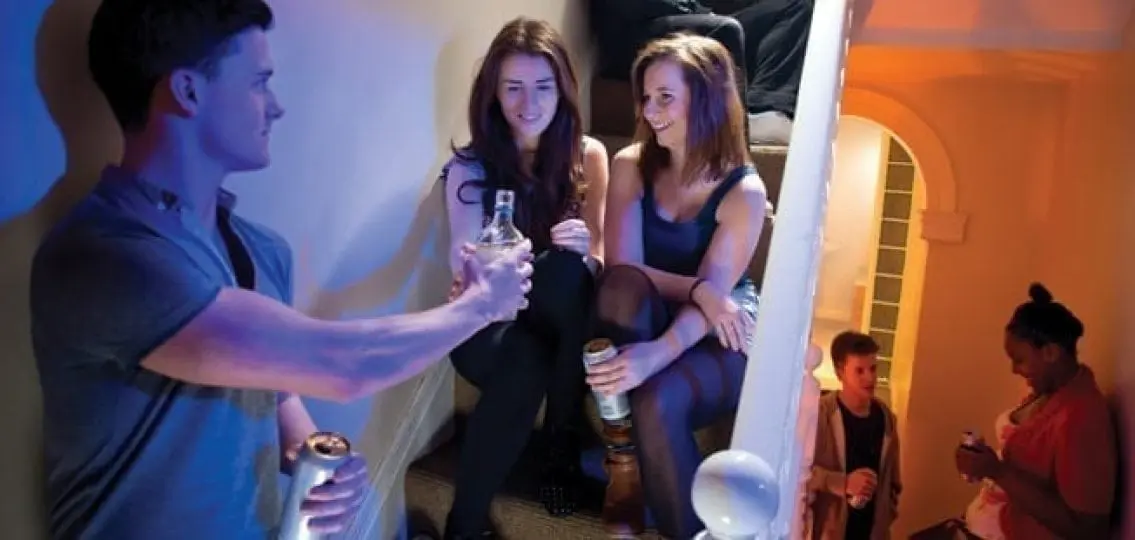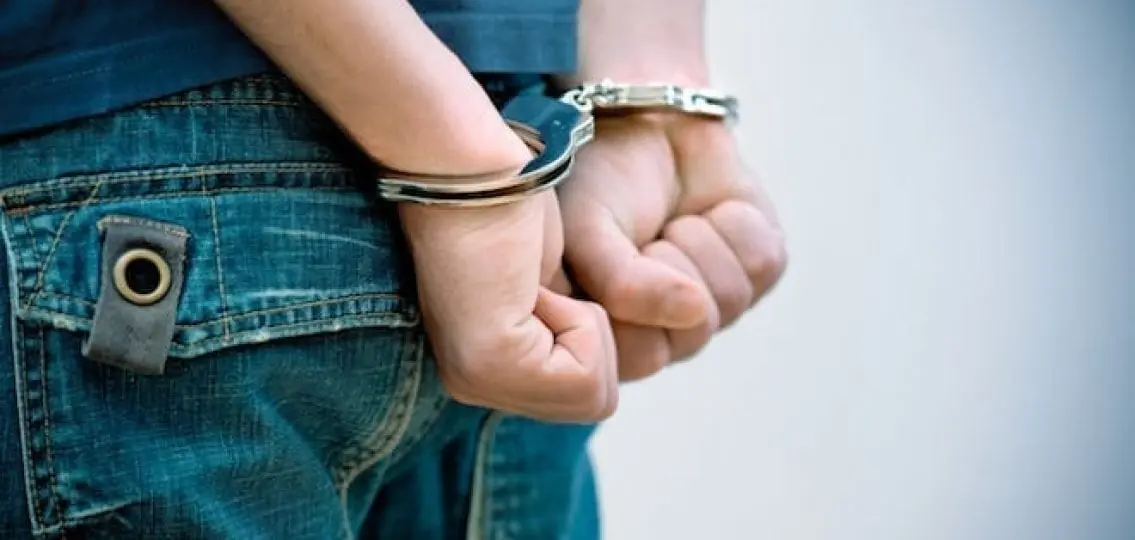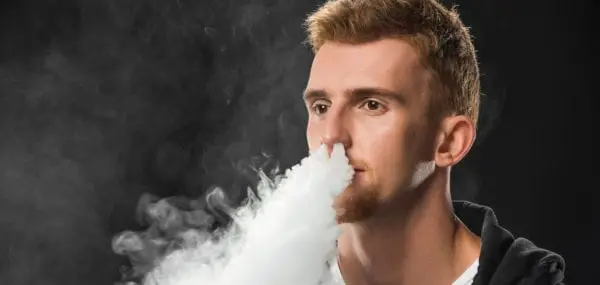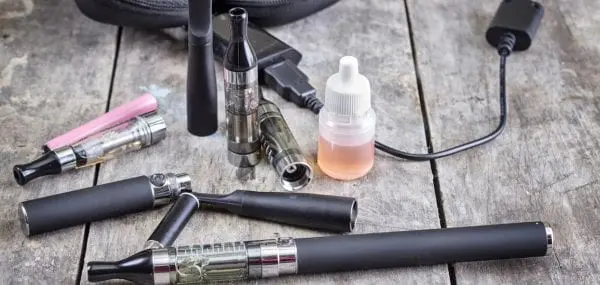Dear Your Teen:
My 18-year-old son was at a large high school house party last spring that was busted by the police. The police warned them not to run because if they ran and got caught, the consequences and charges would be worse. Most of the kids, including my son, were drinking. Many kids ran into the woods and surrounding neighborhoods. My son did not run so he was charged with underage drinking. In addition, his high school was informed so he was suspended for one quarter of his season. Furthermore, his name was made public in local newspapers. Most of his friends and teammates took off and were not caught.

I realize the underage drinking is an issue. However, our struggle is that my son wishes he had run and if he is ever in a similar situation, he will run. He has told his younger siblings that if they are ever in such a situation, they should run. We know he did the right thing by not running. However, in light of the fact that most of his friends and teammates dodged any consequences, how do we convince him and his siblings that he did the right thing?
Answer | Dr. Deborah Gilboa
What a difficult situation. You have raised a son with strong character and the willingness to be held accountable for his actions. Then his experience leads him to the understandable conclusion that those are not the most valuable traits. His experience taught him that he would have been better served by running, hiding, and lying.
Unfortunately, he is misled by the actions and lack of consequences for his peers. Can a teen appreciate that his peers missed an important life lesson—to stand up and be accountable despite the consequences?
Clearly you have been teaching your teen well for many years. Now is a great time to make the lessons you’ve imparted really tangible.
First, explain the character goals you have for your children. What are the traits that your son demonstrated, and why are you so proud of him?
Next, demonstrate the long-term advantages of those character traits. Contrast those with the short-term frustration of his athletic suspension. Connect him with a mentor—someone he really admires outside your family—who will respect and reinforce the decision he made.
You can also reward his excellent choice. Find a way to give him a privilege that he has wanted. Make it clear that, despite the unwise and unlawful decision about drinking, he earned a privilege because he stood up and did what was right, thereby proving his maturity.
If you can make this whole process a family conversation, it will impact your younger children and the decisions they will make. You can use his example of leadership to change how they view the consequences.
Lastly, it is worth revisiting this conversation in some months to see how his perception of the situation may have changed.

A Police Officer also commented:
I would have the parents of this young man reach out to both the law enforcement agency and the school to explain the details. As a law enforcement officer, I would give some credit to this young man for not running and facing the penalty for his error in judgement. That’s the only fair way to deal with a situation like this. If I were the law enforcement officer, I would give him not only face-to-face credit but I would also make the court aware of that facts. Lastly, his general attitude will have an impact.




